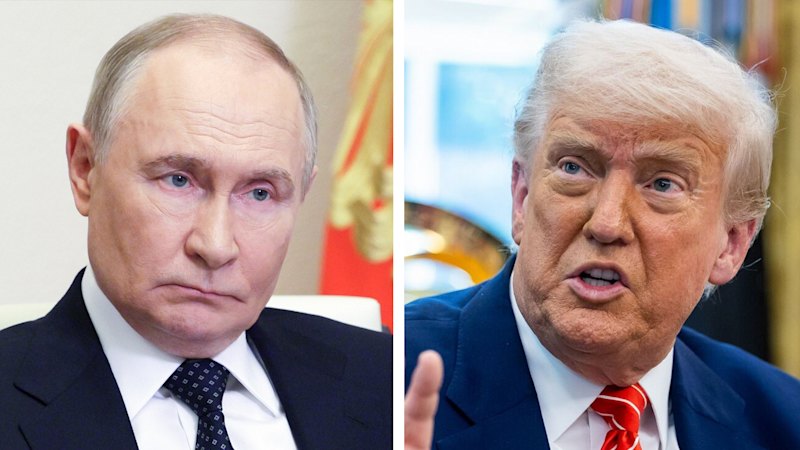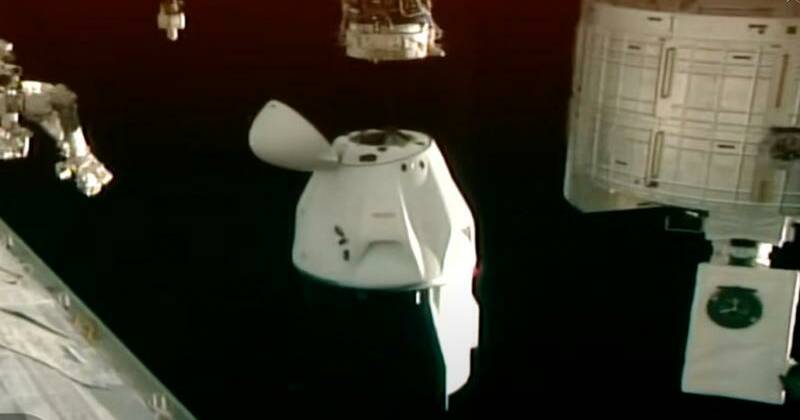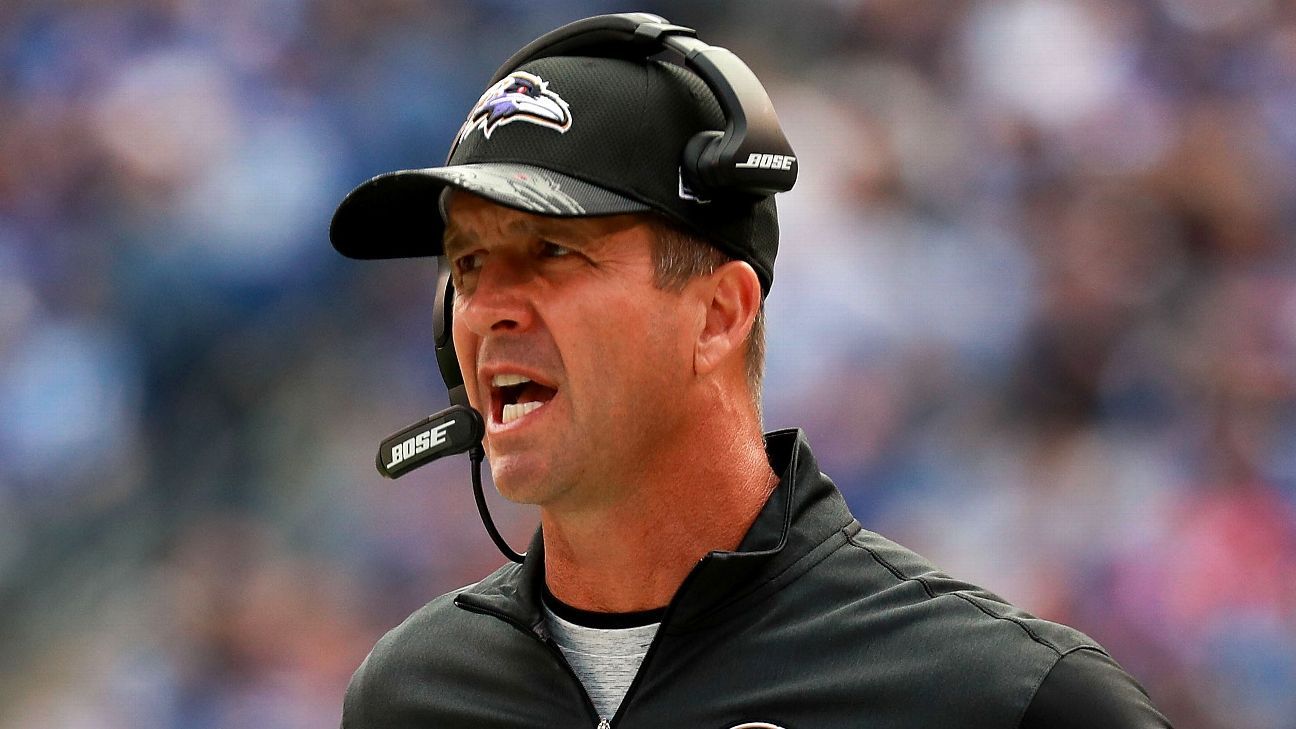
Russian President Vladimir Putin has intensified his military campaign in Ukraine, disregarding recent statements from U.S. President Donald Trump. While Putin professes a commitment to peace, his actions reveal a starkly different agenda, as missile and drone attacks on Ukrainian civilians escalate. Recent reports highlighted that Putin has ramped up assaults, launching the largest attack of the conflict on March 5, 2024, with over 700 drones and numerous missiles aimed at key Ukrainian cities.
Trump’s recent remarks, where he criticized Putin’s “bullshit” regarding the war, suggest a potential shift in U.S. policy. This outburst raises the possibility of the Biden administration imposing significant sanctions on Russian oil and other exports. A draft law currently in Congress, co-sponsored by Senator Lindsey Graham and Senator Richard Blumenthal, proposes a 500 percent tariff on nations purchasing sanctioned Russian products. If passed, it could dramatically impact countries like India, which rely on Russian energy.
Despite Trump’s tough rhetoric, experts caution against overestimating the implications of his statements. Matthew Sussex, an associate professor at Griffith University, noted that while sanctions might challenge Putin, the Russian leader has navigated similar pressures before. “A combination of economic woes, further sanctions, and regime fragility would be a significant test for Putin,” Sussex stated, emphasizing the unpredictable nature of U.S. foreign policy.
In recent weeks, the Pentagon had temporarily halted arms shipments to Ukraine, a move that likely pleased the Kremlin. Yet, Trump’s recent promises to send additional Patriot missiles to Ukraine signal a potential escalation in U.S. support for the embattled nation. This shift may indicate a growing frustration with Putin’s aggression, even as critics point out Trump’s past admiration for the Russian leader.
The humanitarian toll of the ongoing conflict remains severe. The United Nations reported that June 2024 marked the deadliest month of the war, with over 230 civilian casualties and more than 1,300 injuries. The European Court of Human Rights has highlighted Russian war crimes, including extrajudicial killings and torture, which have drawn international condemnation.
As Western leaders respond to the crisis, the European Union has pledged significant financial support for Ukraine, including €1.8 billion ($3 billion) in loan guarantees and €580 million in grants. European nations are also increasing their defense budgets, anticipating a long-term threat from Russia. Germany and Denmark have announced plans to bolster their military capabilities, while France and the UK are enhancing their nuclear deterrents.
Despite the pressures from sanctions and international isolation, Putin continues to pursue military objectives in Ukraine. Graeme Gill, a professor emeritus at the University of Sydney, expressed skepticism about the effectiveness of Trump’s comments on Russian strategy. “Do I think Putin is vulnerable because of Trump’s comments? In a word, no,” he stated. “The point is that Russia is winning the war.”
The broader implications of this conflict remain uncertain. With Putin’s history of using military force to achieve political aims, the potential for further escalation looms large. As Ukraine continues to resist, the international community is left grappling with the urgent need for a resolution that addresses both humanitarian concerns and geopolitical stability.
As tensions rise, the world watches closely, recognizing that the stakes are high for Ukraine, Europe, and the broader international order.







